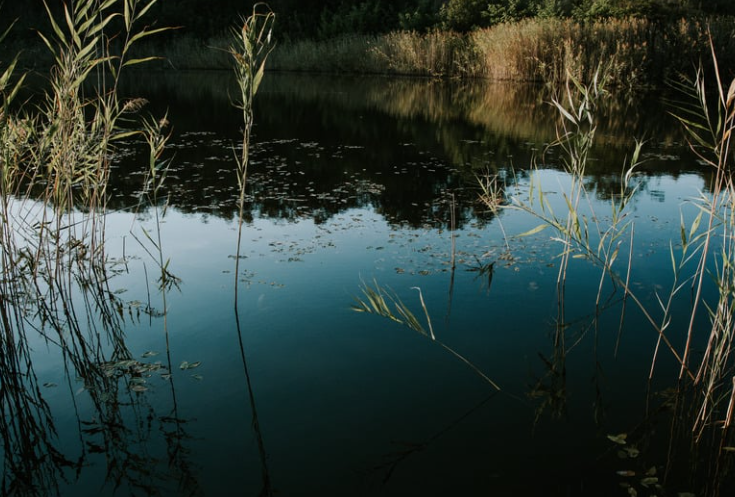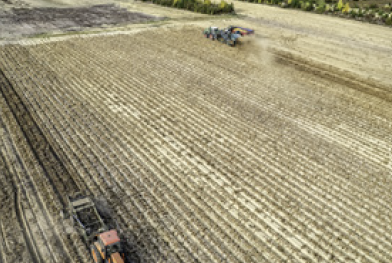
The Network, along with the SADC and CAE, work in synergy to accelerate the green transition of communities and entrepreneurs in the regions of Quebec. Each year, through various initiatives and programs, thousands of projects come to life, and concrete actions enable businesses and organizations to reduce their ecological footprint, thereby enhancing their competitiveness and providing numerous economic, social, and environmental benefits.
The Network also coordinates the Sustainable Development (SD) group, which consists of 53 SADC and CAE that regularly draw inspiration from each other, stay informed about best practices, share ideas, and develop tools around various themes such as degrowth, the challenges of preserving biodiversity and the attractiveness of our territories, digital sobriety, and artificial intelligence in the service of sustainable development. The SD group is active and highly mobilized for the benefit of our communities!
The Network supports the professionals of SADC and CAE who continuously develop their expertise in sustainable development or surround themselves with experts in circular economy, green accounting, and carbon credits to better assist their clients. Most of our professionals regularly undergo rigorous training: 120 of them have completed a specialized training program on sustainable development support and responsible financing.
Well-equipped professionals in responsible investing
Regions can rely on our extensive sustainable development expertise network, which continually improves its methods and works to make responsible investment even more tangible through a new ESG (environmental, social, and governance) analysis framework that includes a list of nine issues and policies aimed at facilitating the green transition for entrepreneurs.
Circular economy and industrial symbiosis at the heart of our actions
We also promote circular economy projects within the regions of Quebec! Customized tools have been developed to help SADC and CAE business advisors more easily identify the needs of companies regarding sustainable development. We also stimulate industrial symbiosis through the creation of recent territorial portraits highlighting possible connections, actions, and interventions in each territory.

The SADC and CAE of Estrie, in partnership with Tourism Cantons of Eastern Townships and Destination Sherbrooke, are advocating for sustainable tourism. A collaborative professional resource assists businesses in the area by organizing awareness activities and sharing knowledge, leading to tangible benefits that provide them improved chances of long-term success while enabling them to lower their waste management and energy expenses. This is exemplified by the Marais de la Rivière-aux-Cerises, which has carried out several environmental impact assessments that will emphasize theresults of its scientific research project on climate change.
– 20 businesses have initiated a sustainable tourism certification process.
– 5 companies have created an action plan with performance indicators.
– 50 companies have been provided with self-assessment tools, an action plan with monitoring indicators, and a communication strategy.

Wood ash is a by-product generated by several factories in Northern Quebec, currently destined for landfill. The lack of sufficient agricultural land in the region means that the valorization typically done elsewhere in Quebec is impossible to manage the totality of ash generated locally. However, local companies have an interest in responsible waste management, but implementation remains difficult due to a lack of knowledge, dedicated funding, time, or examples to follow. The literature review and mapping of the ash generated in Northern Quebec will ultimately help develop a key reference document for ash producers in the region, guiding them in their efforts to valorize this by-product by assisting with various aspects such as selecting the most suitable valorization method for their business, identifying the steps to take to achieve this, the permits/authorizations to obtain, the environmental standards to meet, and any other relevant information.
This is a project aimed at developing new circular economy practices in the region by facilitating the processes surrounding the valorization of this by-product among ash producers. The study has highlighted possible avenues for valorization in Northern Quebec related to their use in agriculture and possibly also in forestry.

Circular economy
Carbon neutrality processes
Valorization of forest biomass
Food Security and Self-Sufficiency
